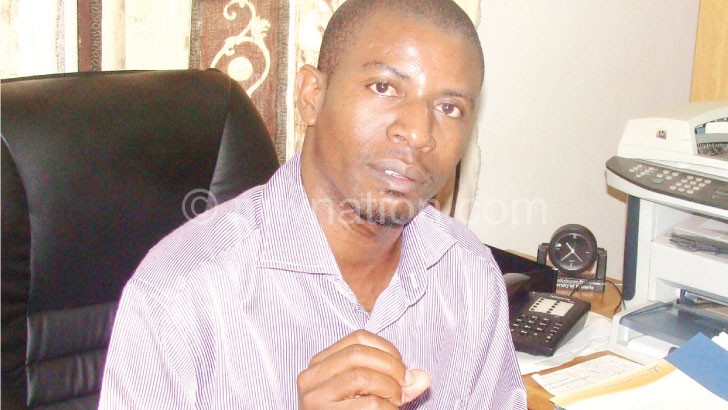World Bank report faults Malawi higher education
The World Bank has faulted Malawi’s higher education system for failing to supply sufficient numbers of well-qualified graduates in line with the needs of the economy.
In a report titled Improving Higher Education in Malawi for Competitiveness in the Global Economy, the World Bank says the supply of qualified graduates is low both in terms of quality and their absolute number. It ranks university enrolment among the lowest in Africa.
Reads in part the report: “In terms of the quality and relevance of programmes offered by the sector, available evidence suggest that the limited increase in enrolment is not aligned with the needs of the labour market and that universities have weak linkages with the private sector with regard to programme development and curriculum review.”
Further, the report says there is significant concern with regard to the quality and relevance of existing institutions and programmes offered in the country’s higher education sub-sector with employees expressing concern on the same.

Says the report: “The overall distribution of enrolment by the field of study has generally not been aligned with areas critical for the economic development of Malawi. Enrolment is relatively low in engineering, business, ICT [information and communications technology] and tourism—areas which are considered vital for growth prospects.”
Reacting to the report, Civil Society Education Coalition (Csec) executive director Benedicto Kondowe said the current education standards do not only fail to propel the economy, but is also not relevant to Malawi’s current needs.
He said authorities responsible for the selection of students to colleges should take a paradigm shift and begin enrolling students in courses which can drive the economy.
Commenting on the study’s finding that access to public institutions of higher learning is skewed towards the middle class and the well-to-do, Chris Chisoni, executive director of the Higher Education Students Grants and Loans Board, said government is trying to reverse the trend by ensuring that children from poor economic backgrounds also benefit from higher education.
Ministry of Education, Science and Technology spokesperson Manfred Ndovi could not be reached for comment yesterday.
Malawi has four functional public universities.
The report estimates that about 90 percent of students selected to public universities are from private schools.
Ironically, in many cases, those selected from public secondary schools fail to raise the financial contribution pegged at an average of K250 000 per year.





